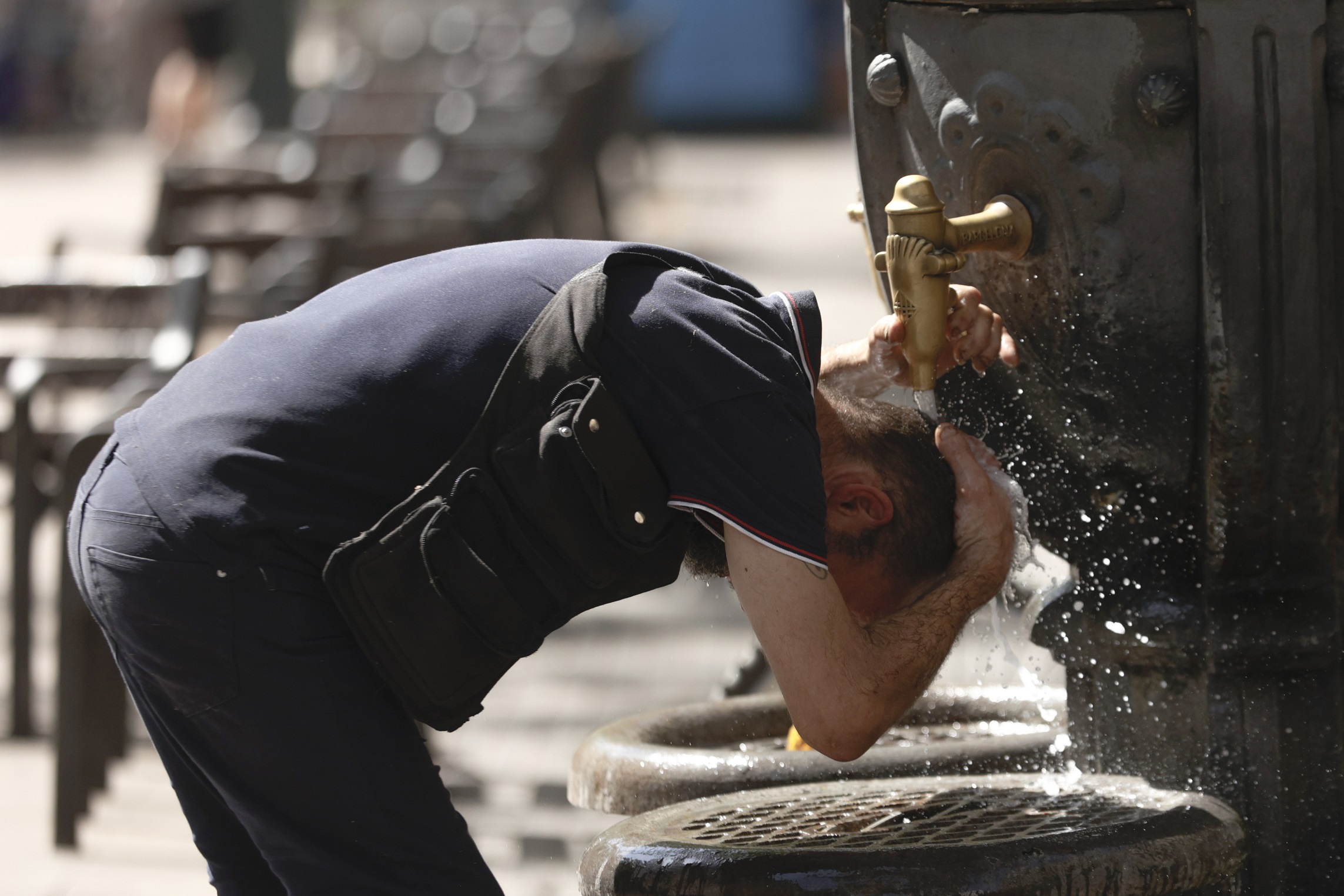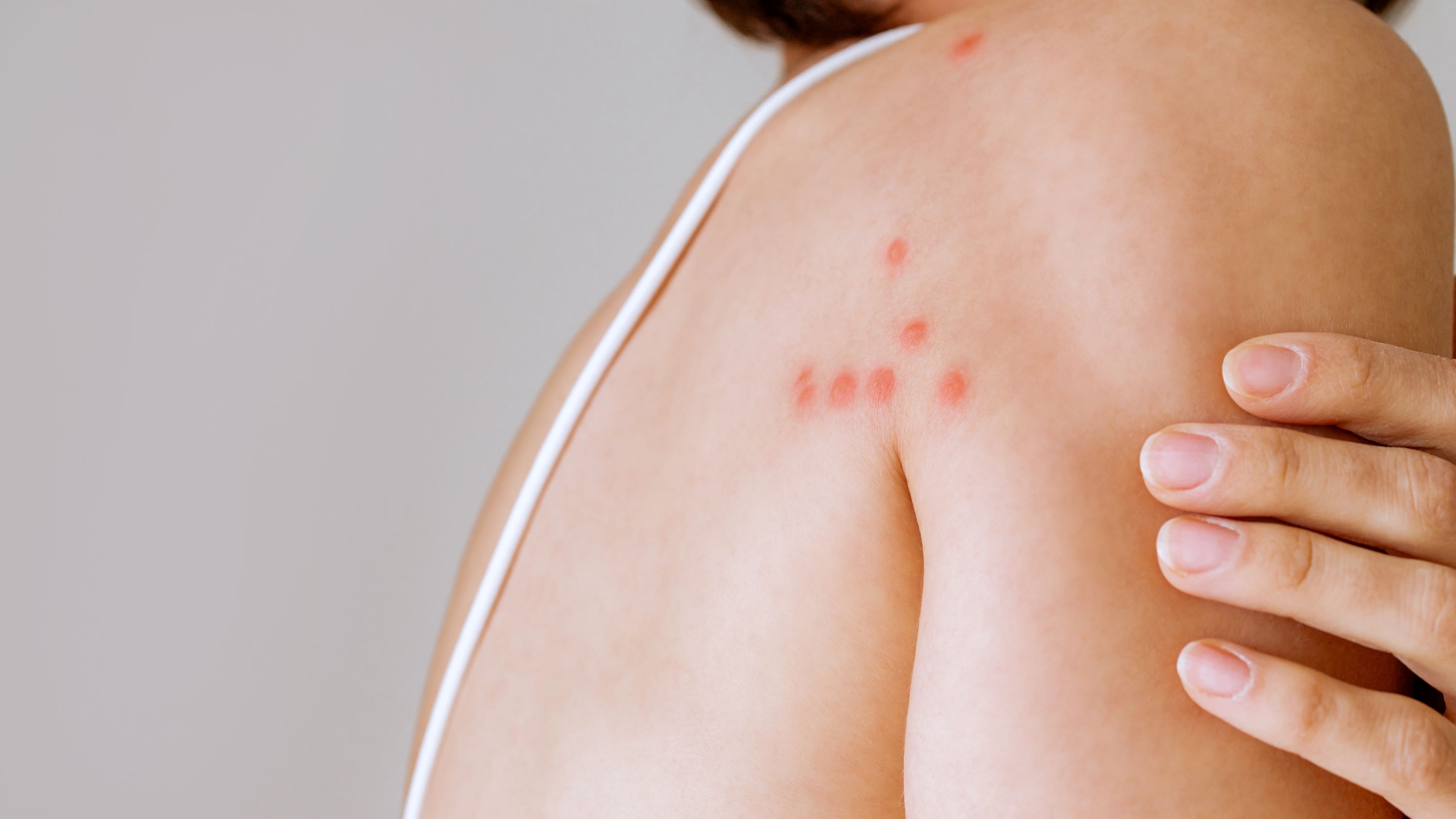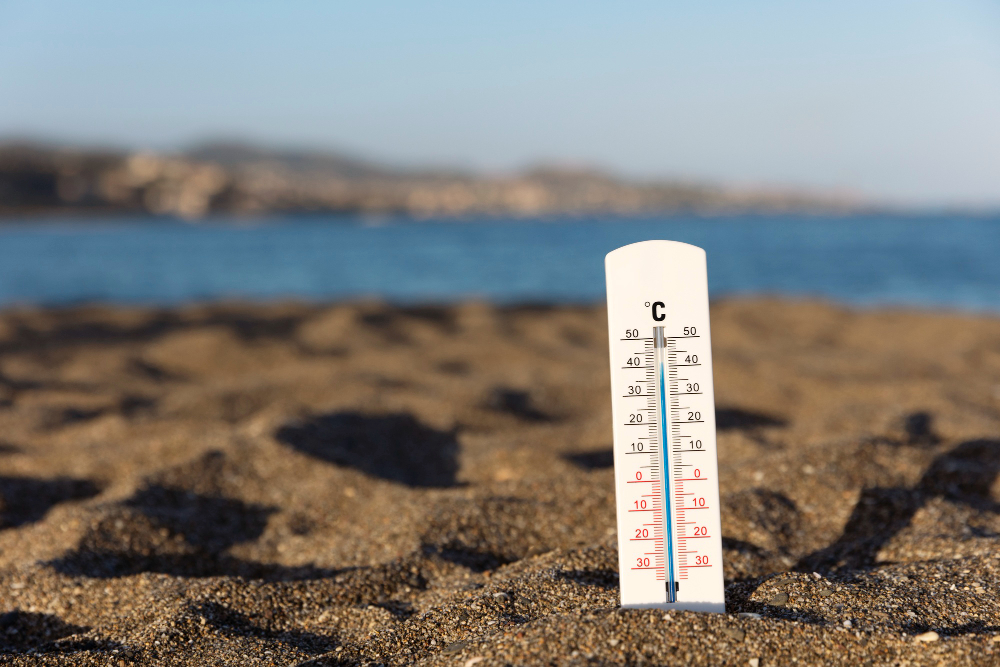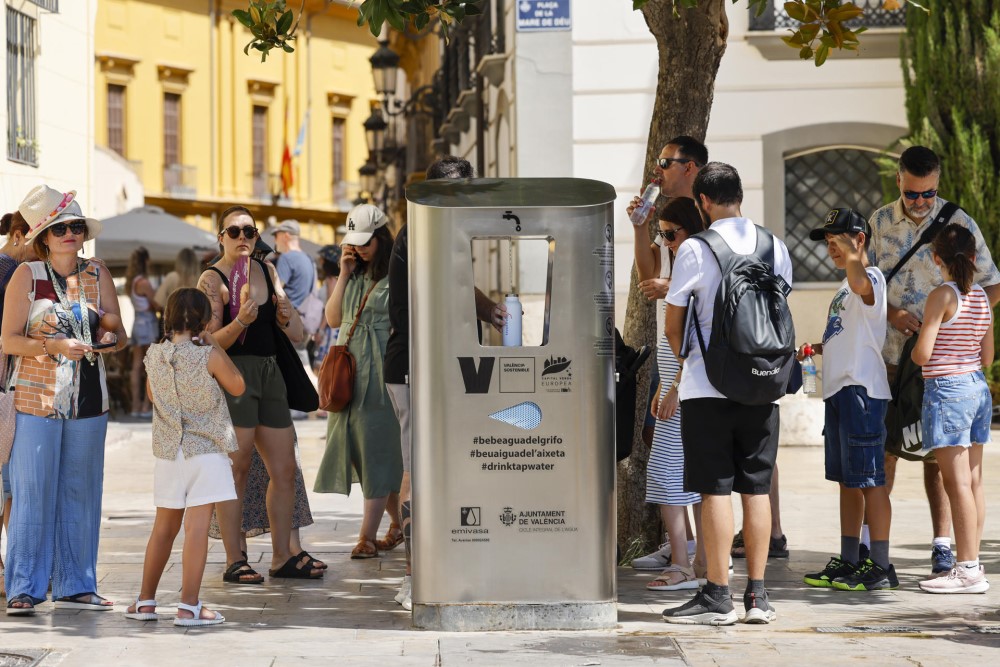Animal abandonment: What else should be done?
The impact of animal abandonment goes beyond the pets who suffer it, it is a public health, safety and funding issue as well. Although there have been some improvements in recent years, the experts consulted agree that the system continues to fail. In this guide, we analyze what has changed, who does this issue affect, and what must be improved.









